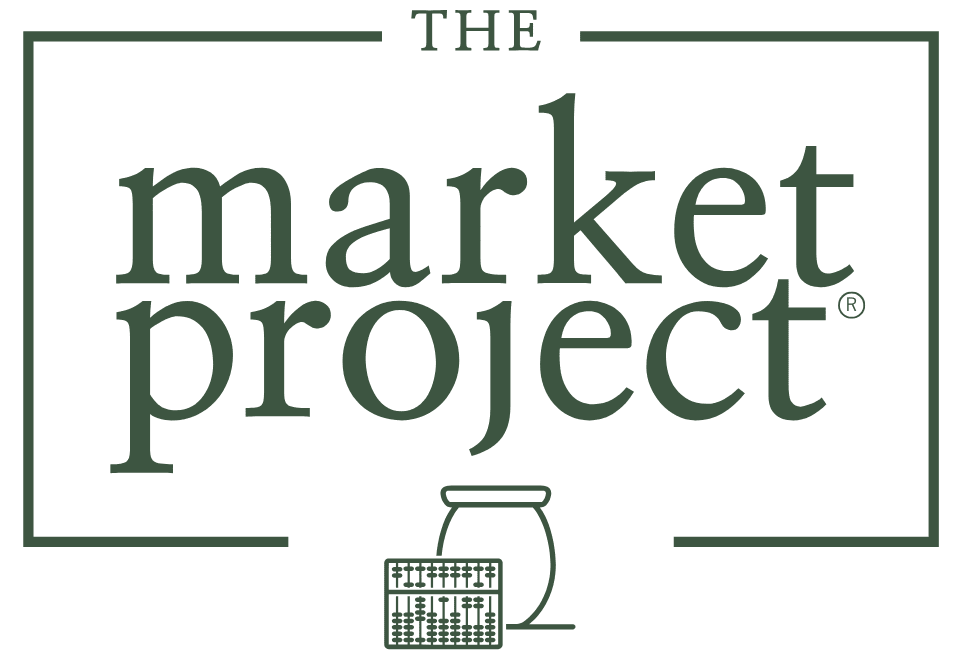So what is “trauma-informed” and why does it matter?
Here at The Market Project (TMP), we believe that healing from trauma is possible for survivors, regardless of their current vulnerability. Trauma impacts people from all walks of life, across regions or educational and economic levels. To that end, anyone with a job will benefit from a trauma-informed workplace. For the most vulnerable, a healthy workplace can set them on a path of recovery.
We would like to take this opportunity to explore four tangible ways to create a trauma-informed workplace for survivors everywhere and why striving for it is so important to the success of our work. Our hope is that this gives you more insight into why we do what we do.
So, what is “Trauma-Informed”
Creating a trauma-informed workplace requires the following:
- A realization of the impact that trauma can have on our lives,
- A recognition of the signs and symptoms of the effects of trauma
- The creation of policies and practices that integrate this understanding, and
- intentionally resist causing further trauma.
We strive to make healing a tangible reality for the employees in the workplaces we build. Many within our target population have faced multiple traumas throughout their lives, including exploitation and trafficking. Complex trauma has a far-reaching impact, and numerous adaptations have been developed to survive it. The path to healing requires responses and interventions not typically found in the workplace.
To create trauma-informed workplaces we:
We Provide Trauma-Awareness Training for Team Leaders
Company culture starts with leadership, so ensuring a safe physical and emotional environment for the whole team is most important. A safe environment means that team leaders are providing appropriate responses to the individual needs of trauma survivors. Managers strive to establish a workplace culture where conversations and training promote a sense of safety.
Our team mentors leaders of the businesses we build to conduct company operations with transparency and make decisions to maintain trust among employees and others involved with the company.
We Provide Support Groups for Employees at Every Level
We offer the opportunity for transformative change by utilizing stories and lived experiences through peer support, which promotes recovery and healing, helps establish safety and hope, builds trust, and enhances teamwork. Peer support groups are a model for gaining or regaining one’s voice.
We do this through what we call Healing Groups. Through the group sessions, attendees begin to understand and grapple with their own pain, find emotional stability, and ultimately take critical steps in breaking the cycle of trauma.
We Provide Safe Avenues for Feedback
We help employees regain a sense of control over their daily lives by giving both voice and choice to them. Employees are provided opportunities to make daily decisions and set goals for personal growth and connection.
To aid this, we help provide a safe avenue for feedback using a confidential survey of employees, intentionally administered outside of the business’s management structure. The resulting insights into the work culture inform the leadership that further training is needed.
We Provide a Supportive Community for All
We seek to instill trust in fellow workers by establishing a culture where interpersonal interactions promote a sense of emotional safety. Safe, authentic, and positive relationships can be corrective and restorative to survivors of trauma and exploitation.
Within our businesses, employees’ previous dehumanizing experiences are replaced daily with interactions from management and colleagues that demonstrate respect, safety, and community. As TMP workplaces embrace a trauma-informed ethos, we see the dignity of each person reinforced.
Thank you for reading! We know this is complex work, and we share this so that you can have more insight into the model behind our work. We sincerely believe that businesses and organizations that embrace these avenues of employee support can and will significantly impact a survivor’s recovery process. Creating a trauma-informed, healing workplace is a fluid and ongoing process. But it’s possible and necessary.
Thank you for being a part of our journey,
Dorothy Taft
Executive Director
Stay up to date on our impact
Join our email newsletter to hear stories of our work.
